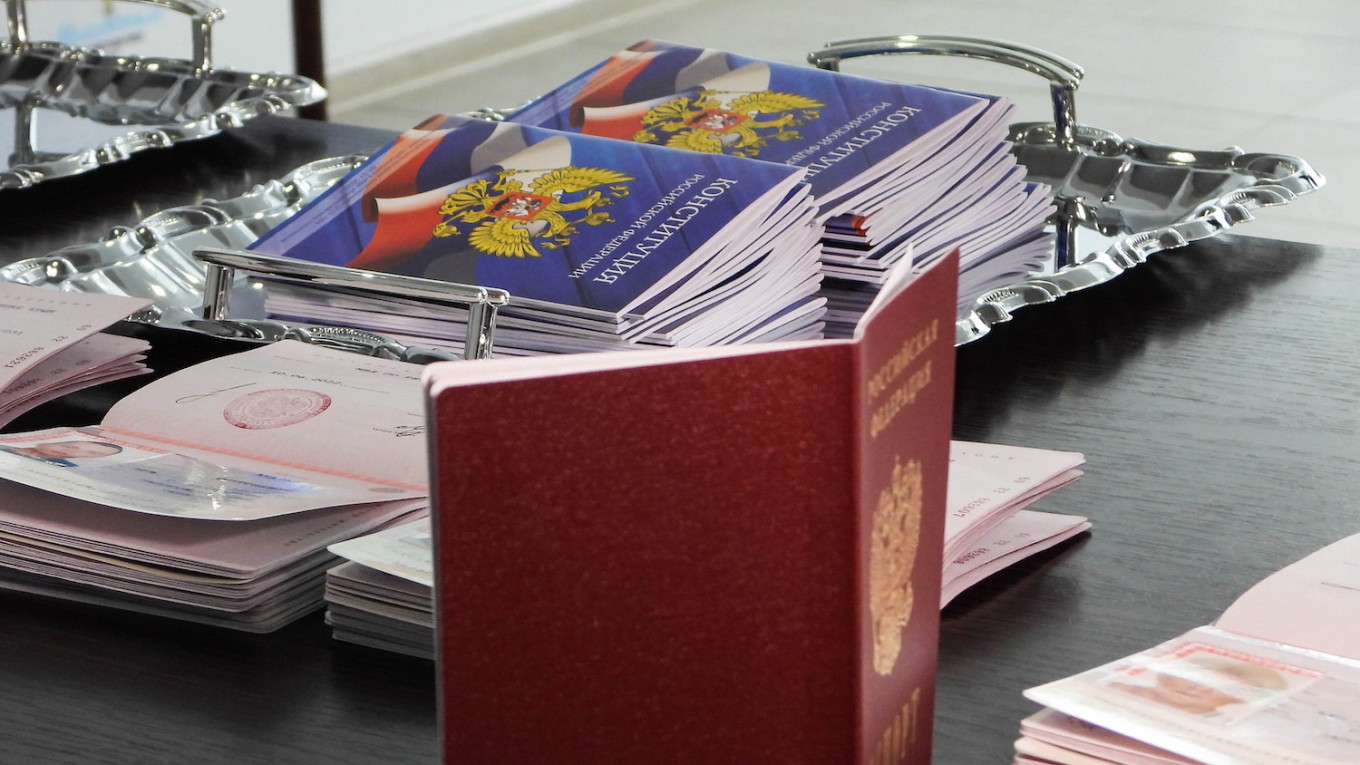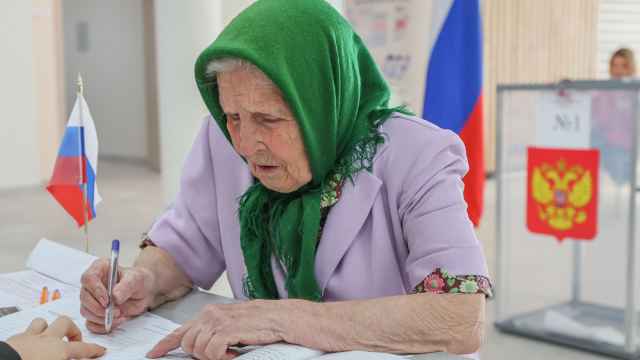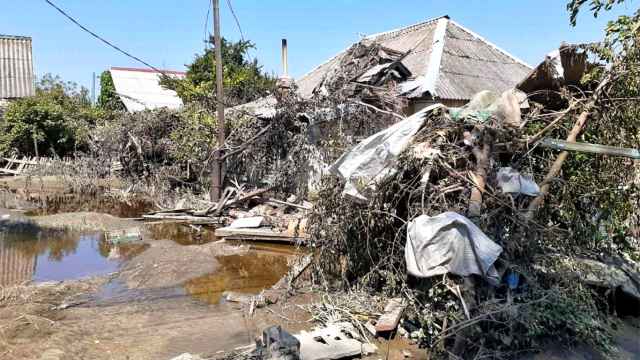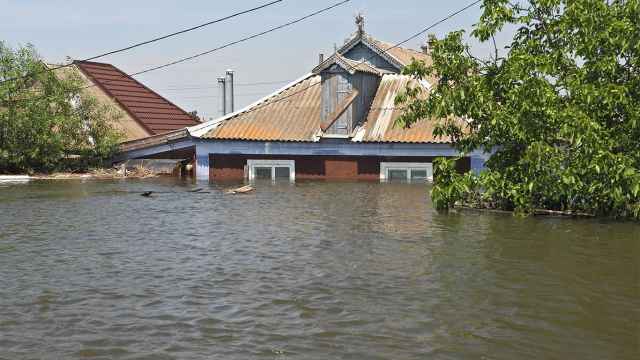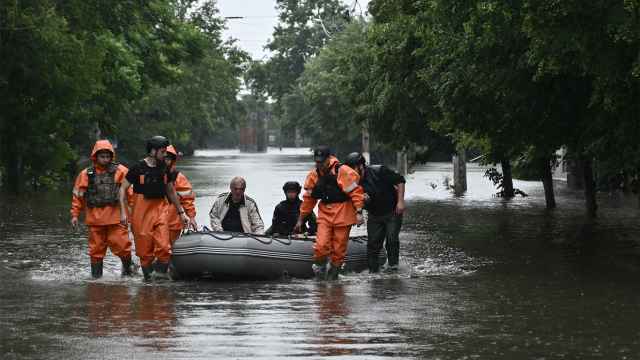The European Union said Thursday it will not recognize Russian passports issued in regions of Ukraine annexed by Moscow.
The move — which also covers two Kremlin-controlled areas of Georgia — means Russian travel documents given to residents of those regions cannot be used to get visas or to enter the Schengen zone.
"This decision is a response to Russia's unprovoked and unjustified military aggression against Ukraine and Russia's practice of issuing Russian international passports to residents of the occupied regions," the European Council said in a statement.
The move still needs to be formally signed off by the European Parliament and EU member states.
In September, Russian President Vladimir Putin laid claim to four regions of Ukraine in a unilateral declaration widely rejected by the international community. Moscow also annexed Ukraine's Crimea peninsula in 2014.
The Kremlin's grip over some of the occupied territory has been slipping in the face of a fightback by Kyiv's forces.
On Wednesday, Russia's Defense Minister ordered troops to withdraw from the key city of Kherson in a major blow to Putin's attempted land grab in Ukraine.
A Message from The Moscow Times:
Dear readers,
We are facing unprecedented challenges. Russia's Prosecutor General's Office has designated The Moscow Times as an "undesirable" organization, criminalizing our work and putting our staff at risk of prosecution. This follows our earlier unjust labeling as a "foreign agent."
These actions are direct attempts to silence independent journalism in Russia. The authorities claim our work "discredits the decisions of the Russian leadership." We see things differently: we strive to provide accurate, unbiased reporting on Russia.
We, the journalists of The Moscow Times, refuse to be silenced. But to continue our work, we need your help.
Your support, no matter how small, makes a world of difference. If you can, please support us monthly starting from just $2. It's quick to set up, and every contribution makes a significant impact.
By supporting The Moscow Times, you're defending open, independent journalism in the face of repression. Thank you for standing with us.
Remind me later.


